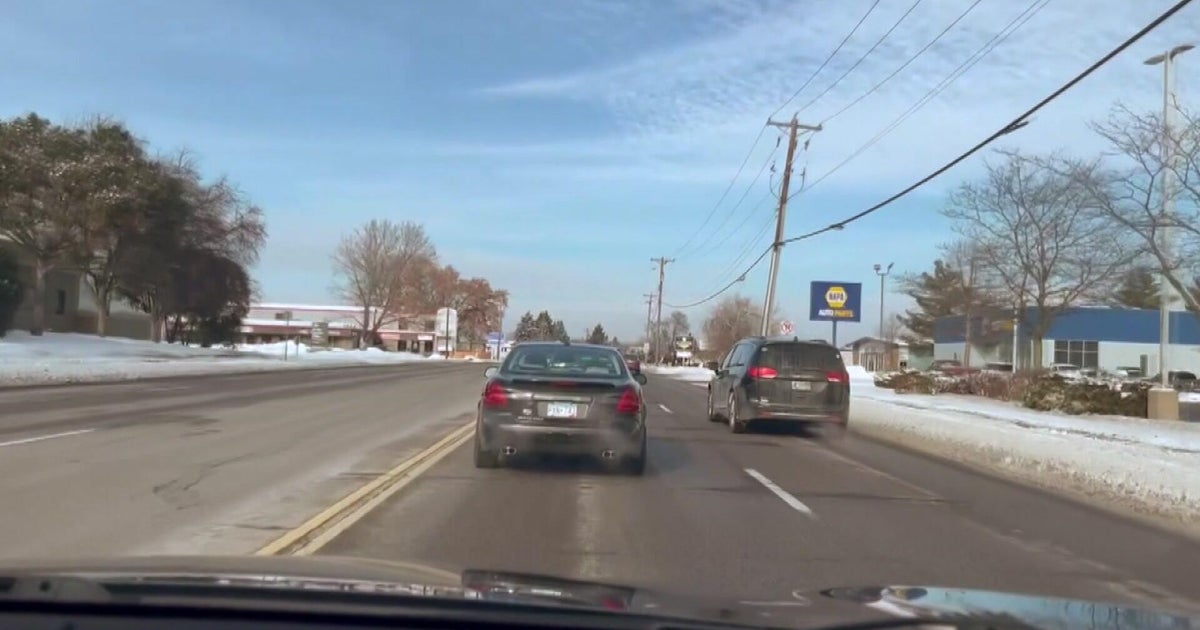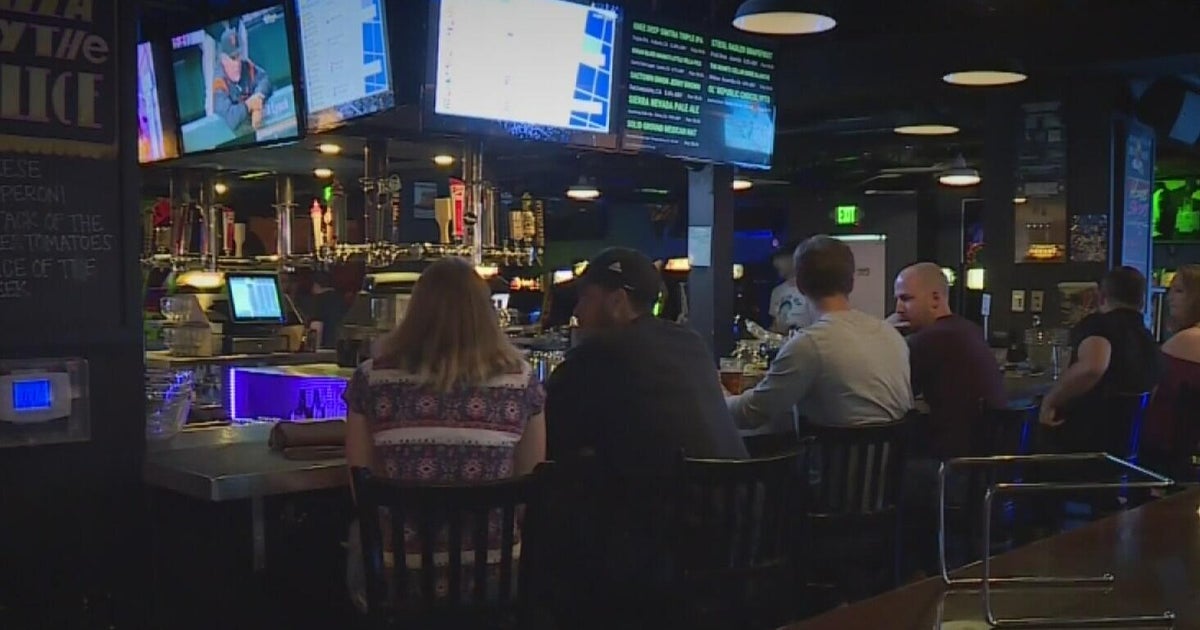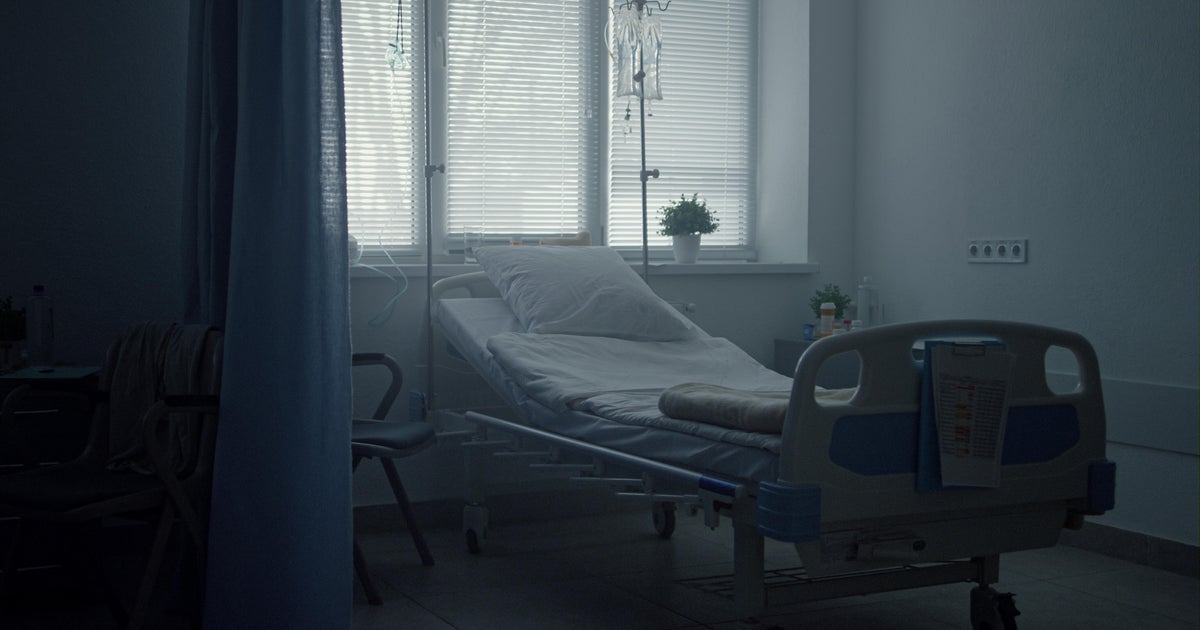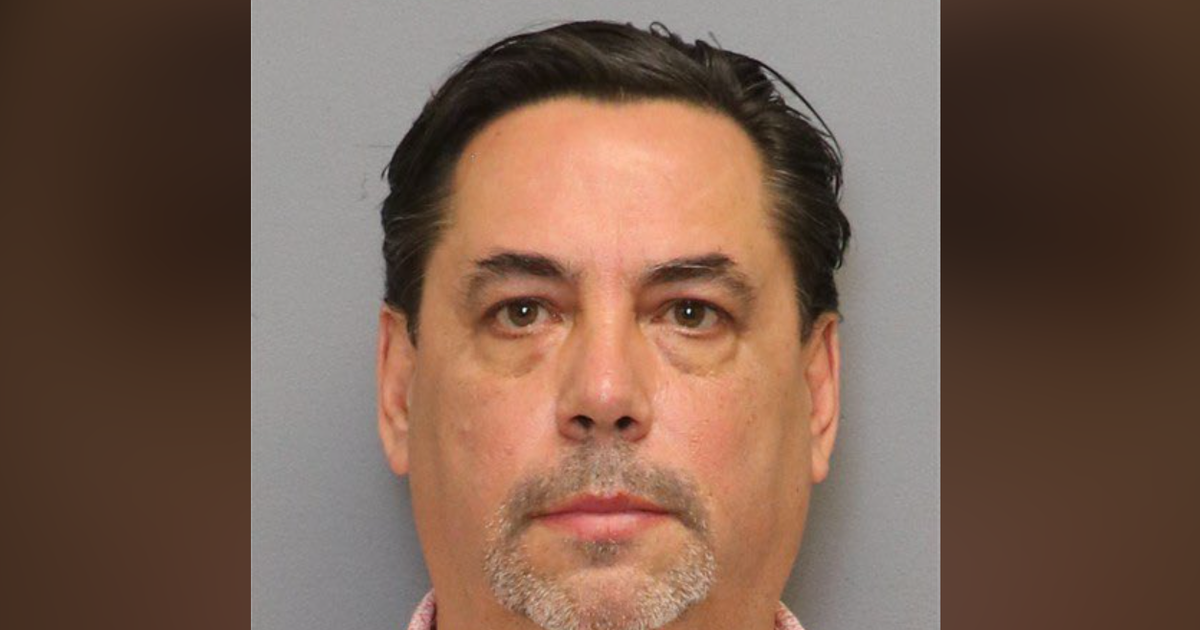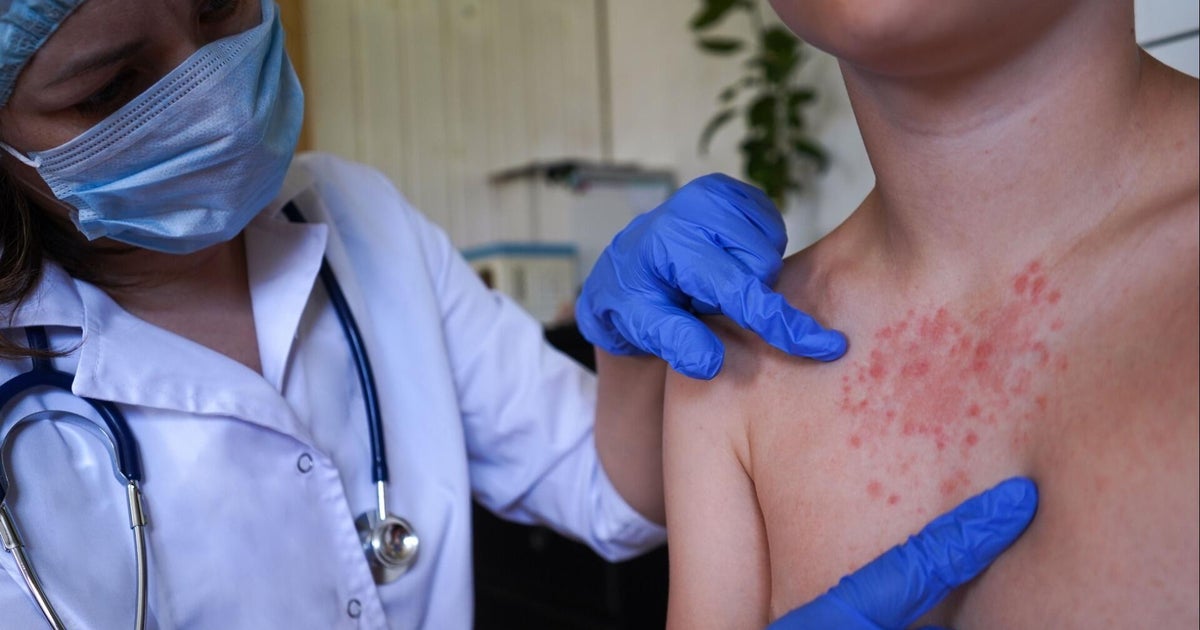Additional 135 million doses of Emergent BioSolutions-made COVID vaccines rejected, panel says
BALTIMORE -- An additional 135 million doses of the coronavirus vaccine produced by Baltimore-based Emergent BioSolutions were rejected over quality control concerns, bringing the total number of ruined shots to 525 million, according to a congressional report.
Congress' Select Subcommittee on the Coronavirus Crisis and Committee on Oversight and Reform are investigating issues at the company's plant in Bayview.
According to the committees, 135 million doses of the Johnson & Johnson vaccine manufactured at the plant between August 2021 and February 2022 were set aside for testing. Johnson & Johnson recently told lawmakers the doses failed inspection and were deemed "unusable."
"It is deeply disappointing that Emergent, after collecting millions in taxpayer dollars and having many months to fix the serious manufacturing problems plaguing their Baltimore facility, has yet to competently perform the essential task they committed to perform," said Rep. James Clyburn (D-SC) "Their continued failure has hampered vaccination efforts in areas of the world where vaccines are still in short supply."
The House Oversight Committee released a report in May detailing how 400 million doses had to be destroyed because Emergent "failed to maintain quality standards."
Previously, The New York Times reported in March 2021 that 15 million doses of the Johnson & Johnson vaccine were destroyed after workers at the Bayview manufacturing plant conflated the ingredients for the vaccine with those of the Oxford-AstraZeneca shot.
Johnson & Johnson had to step in and take over manufacturing, and the Food and Drug Administration initiated an investigation.
The Biden Administration terminated the contract with Emergent to produce vaccines last November. The U.S. Food and Drug Administration allowed Emergent to resume COVID-19 vaccine production in August 2021.
Emergent received $330 million in taxpayer funds before the federal government terminated the contract, the report said.
According to the report released Thursday, Johnson & Johnson representatives confirmed that "there continued to be issues" at the plant since production restarted.
"Once again, our Committees have found evidence that unacceptable and irresponsible business practices by Emergent BioSolutions have limited our ability to meet the urgent, global need for coronavirus vaccines. Companies benefitting from taxpayer dollars intended to produce vaccines must put the public good first," said Rep. Carolyn B. Maloney (D-NY), chair of the Committee on Oversight and Reform. "By repeatedly failing to meet quality standards even after being notified of serious problems, Emergent BioSolutions has wasted hundreds of millions of vaccine doses and violated the public's trust."
In a statement, Emergent BioSolutions said it has been forthcoming about the challenges at its facility.
"Emergent remains committed to being a trusted partner of the U.S. and allied governments helping to supply medical countermeasures for biological, chemical and nerve agent attacks," the manufacturer said. "We will continue to use our more than 20 years of public health preparedness experience to help inform an all-of-the-above approach to help prepare for the public health challenges to come."
The company also questioned the official dosage figures, saying "it is very difficult to estimate dose equivalent" for batches of the medicine that haven't yet left the Bayview plant to be turned into vaccine.

